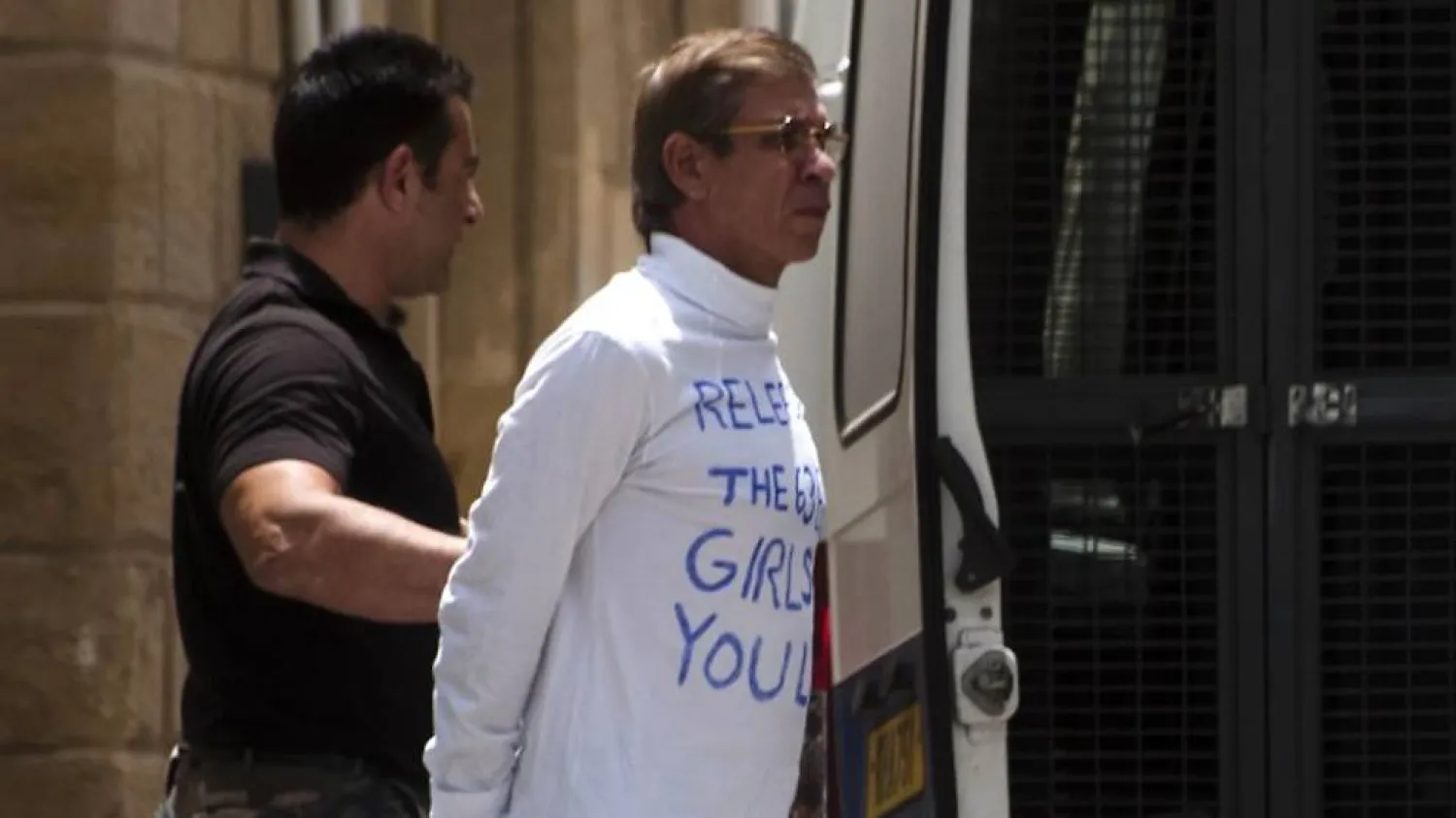A man accused of hijacking a plane more than two years ago and diverting it to Cyprus will face trial on a string of charges, Egypt's public prosecutor said Wednesday.
Seif Eddin Mustafa, 60, was extradited to Egypt in August after a drawn-out legal battle in Cyprus. He is accused of forcing a domestic flight from Alexandria to Cairo to divert its route to the Mediterranean island in March 2016.
Egypt's public prosecutor Nabil Sadek announced on Wednesday the case has been referred to the country's criminal court, paving the way for a trial to begin at an unspecified date.
Sadek says he will face trial on charges of deliberately disrupting a flight, seizing control of an aircraft through threats and intimidation, and promoting the ideas of the now-outlawed Muslim Brotherhood group.
Cypriot authorities handed over Mostafa to their Egyptian counterparts after a court ruling allowed his extradition.
Mustafa hijacked a domestic EgyptAir flight in March 2016 using a fake suicide belt and diverted it to Cyprus, where he was arrested.
Mustafa said he did it to protest against Egypt's government. Mustafa later told Cypriot prosecutors authorities that his sole motive was to be reunited with his estranged Cypriot family.
The 2016 hijacking took place a few months after the October 2015 downing of a Russian airliner by the ISIS terrorist group, killing all 224 on board, an incident that dealt a severe blow to Egypt's lucrative tourism industry.









